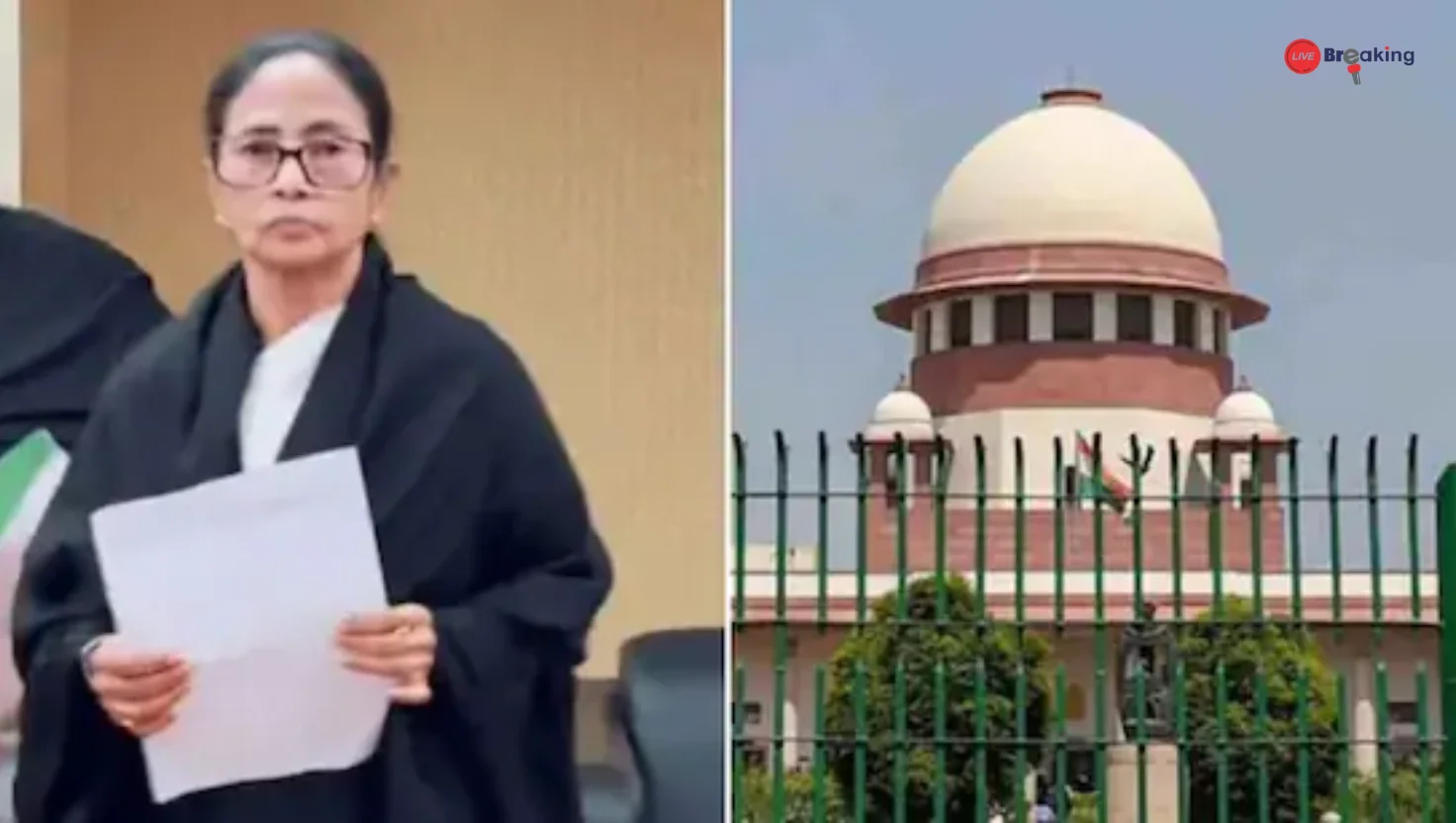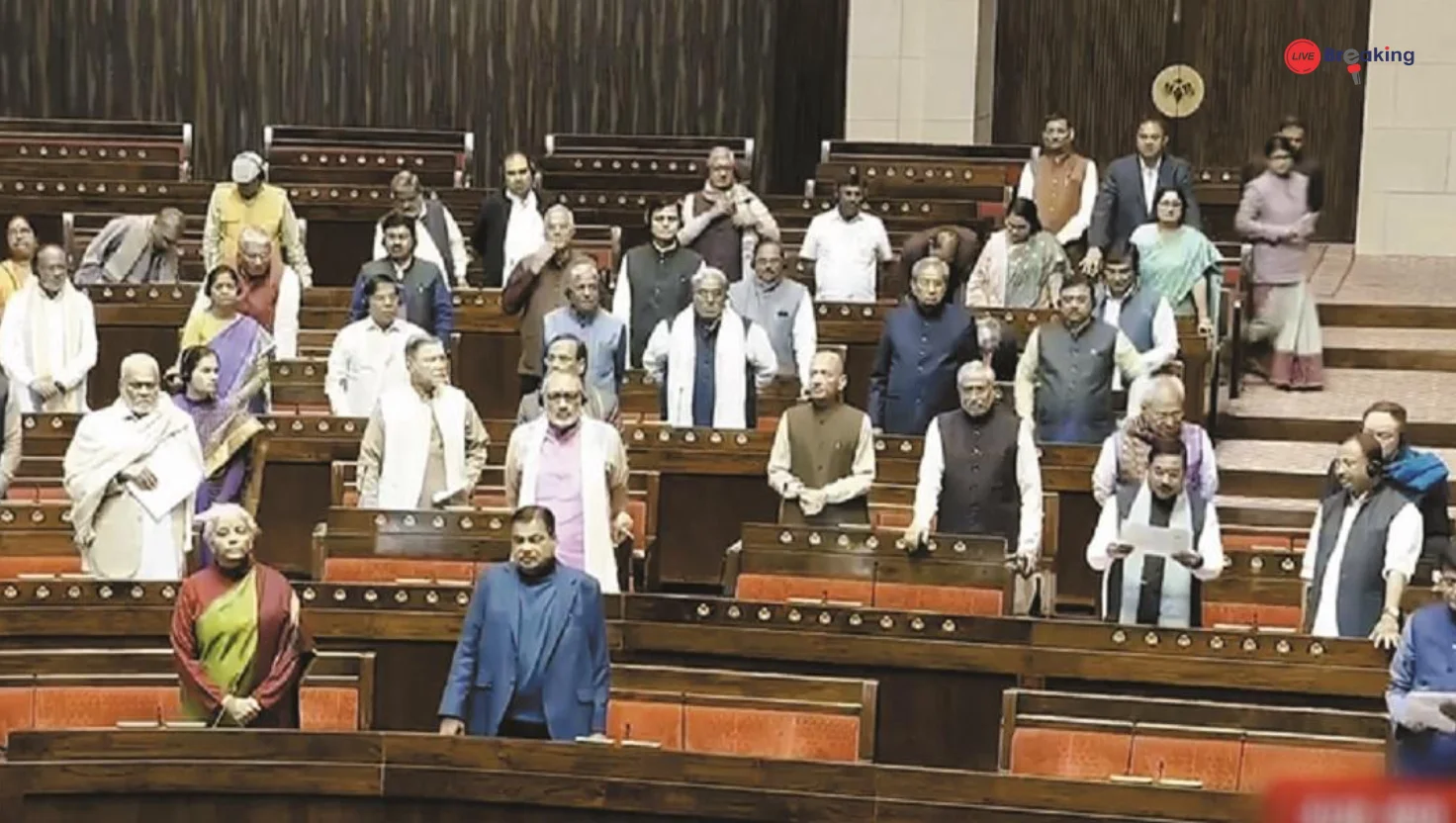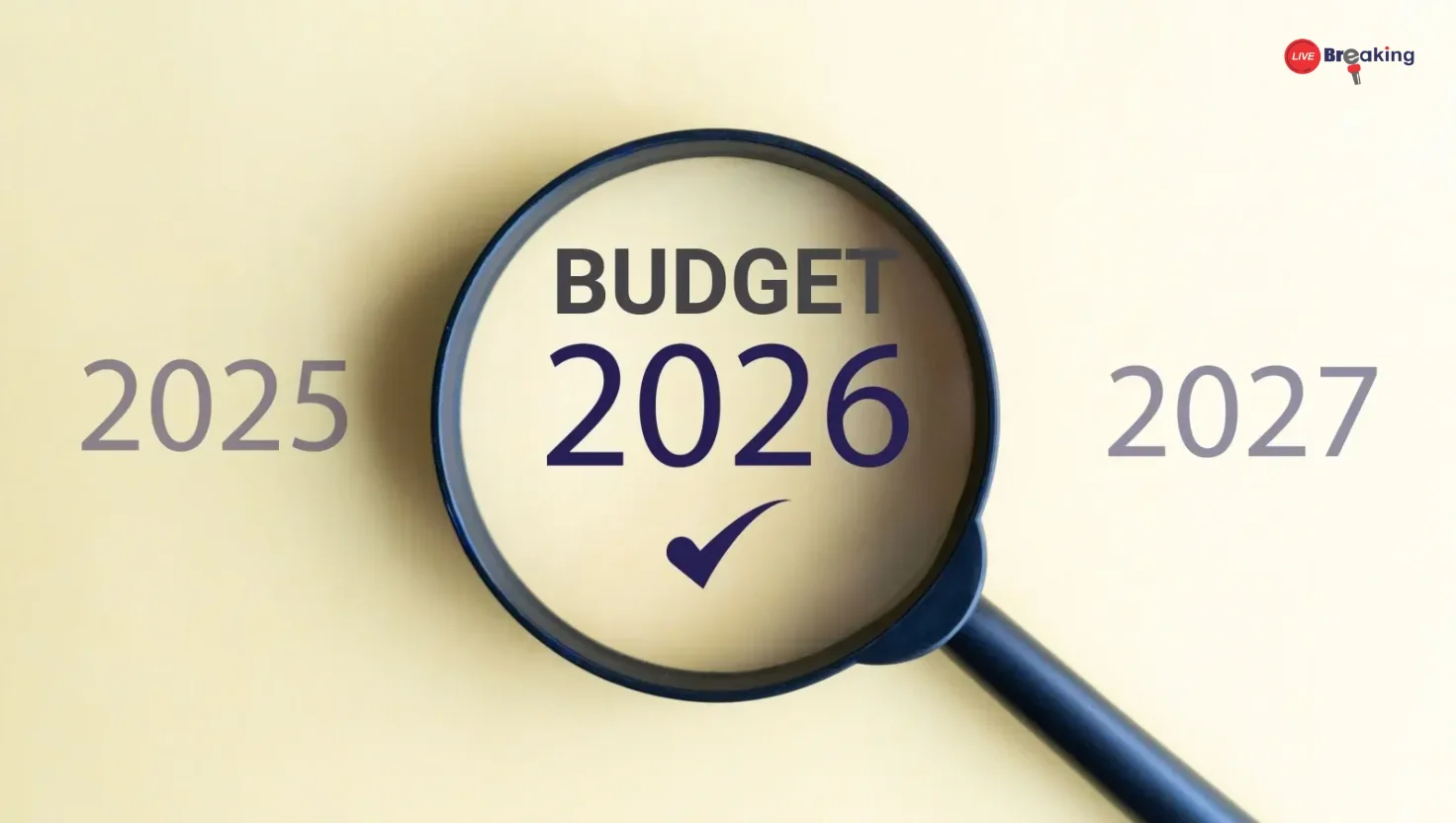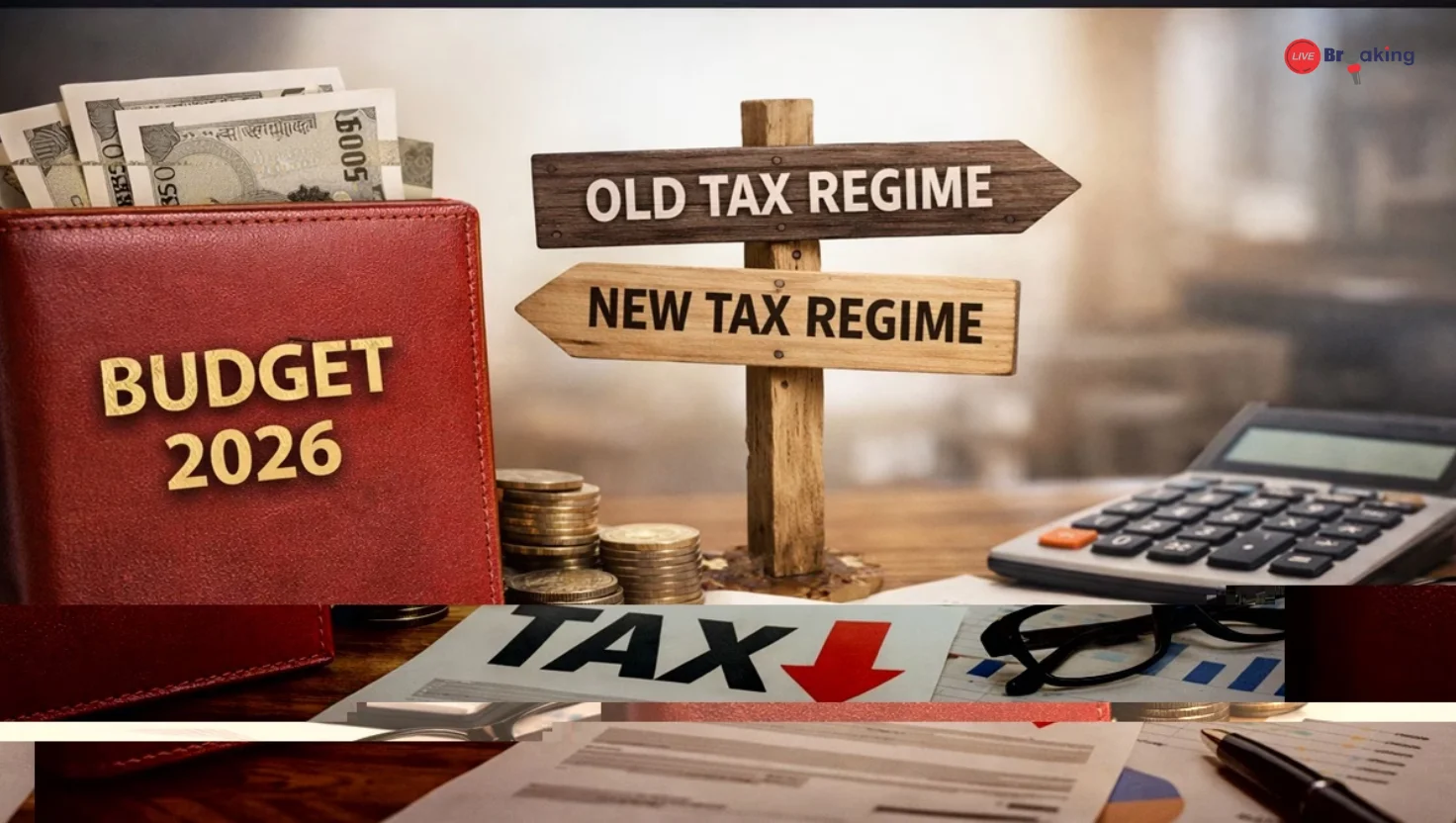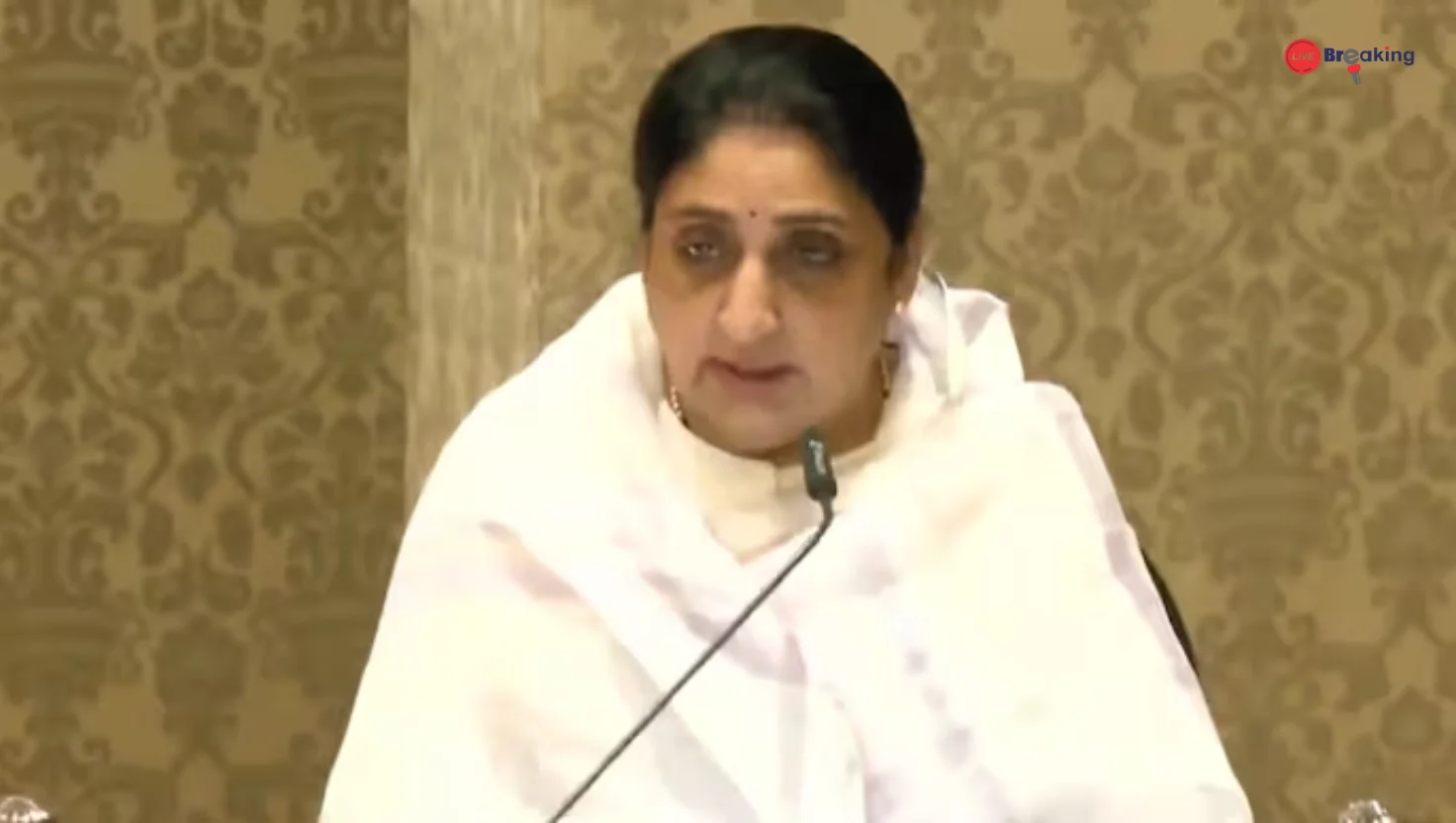Russia Tempts India with 5% Oil Cut During US Trade Uncertainty
India’s energy diplomacy has taken a new turn as Russia extended a 5% discount on its oil supplies to New Delhi, a development that comes against the backdrop of escalating trade tensions between India and the United States under former President Donald Trump’s tariff warnings. The move is widely viewed as a strategic step by Moscow to tighten its energy and geopolitical ties with India at a time of shifting global alliances and market uncertainty.
Energy at the Heart of Geopolitics
Oil has long been more than just a commodity—it is a critical tool of diplomacy. For India, one of the largest importers of crude oil globally, securing affordable and reliable energy supplies is essential for sustaining its economic growth. With crude oil accounting for a significant share of the country’s import bill, even small changes in pricing have enormous implications for the economy.
Russia’s decision to offer a discount underscores the intertwining of energy markets and global politics. By lowering oil prices for India, Moscow is not only seeking to safeguard its share in the Indian energy market but also signaling its willingness to stand by New Delhi as the latter navigates increasingly complex relations with Washington.
Trump’s Tariff Warnings Add to Uncertainty
The United States, under Trump’s leadership, had hinted at imposing higher tariffs on Indian goods, citing concerns over trade imbalances and India’s purchase of discounted Russian oil. These warnings heightened anxieties in New Delhi, which has long sought to balance its relationships with both Washington and Moscow.
While India and the US share growing strategic and defense cooperation, Washington has frequently raised concerns about India’s continued energy trade with Russia. Trump’s stance amplified these concerns, leaving India in a delicate position. In this context, Russia’s timely offer of cheaper oil appears to be both an economic boon and a diplomatic signal.
Economic Relief for India
India, which imports over 80% of its crude oil, faces constant pressure from fluctuating global oil prices. A 5% discount, while modest on the surface, translates into significant savings for a country that purchases millions of barrels annually. This discount could ease inflationary pressures, reduce the oil import bill, and provide breathing space for the government to manage fiscal challenges.
At a time when global energy markets remain volatile due to geopolitical conflicts, supply chain disruptions, and shifting demand patterns, Russia’s offer gives India an added layer of economic security. It also enhances India’s bargaining power with other suppliers in the Middle East and beyond.
Russia’s Broader Strategy
For Moscow, the discount is more than just an economic gesture—it is a calculated geopolitical investment. Russia has faced sanctions and diplomatic isolation from the West in recent years, which has forced it to pivot toward Asia, particularly India and China, as major partners.
By sweetening its oil deals with India, Russia ensures that it retains a strong foothold in a market that not only consumes vast amounts of energy but also plays a key role in shaping global economic narratives. It is also a reminder to the West that Moscow has options and allies willing to engage despite Western pressures.
India’s Balancing Act
For India, the development represents both an opportunity and a challenge. On one hand, the discounted oil is a practical win, supporting its energy security and economic stability. On the other, it adds another layer of complexity to India’s ties with Washington, which has been increasingly wary of New Delhi’s closeness with Moscow.
Read more: Justice for Manisha: Protests in Haryana as teacher, 19, found with slit throat
India has historically followed a policy of “strategic autonomy,” balancing its relations with multiple global powers without aligning too closely with any single bloc. The Russia discount deal is another example of this strategy in action. New Delhi is likely to frame the move as a purely economic decision rather than a political statement, but the geopolitical implications are hard to ignore.
Looking Ahead
As the global energy landscape evolves, India will continue to face the challenge of securing affordable supplies while navigating complex diplomatic waters. Russia’s 5% discount may appear as a short-term relief, but it also signals a deepening energy partnership that could have long-term strategic consequences.
Read more: Everything Matched Body For Body, Gun For Gun: Trump-Putin Alaska Summit
At the same time, India will need to carefully manage its engagement with the United States, ensuring that economic decisions do not derail broader defense and strategic cooperation. The balancing act between Washington and Moscow is likely to remain one of the most critical aspects of India’s foreign policy in the years ahead.
In the end, Russia’s discount offer is not merely about oil—it is about influence, alliances, and the shifting sands of global power. For India, it represents both a welcome economic cushion and a reminder that every drop of oil carries geopolitical weight.





